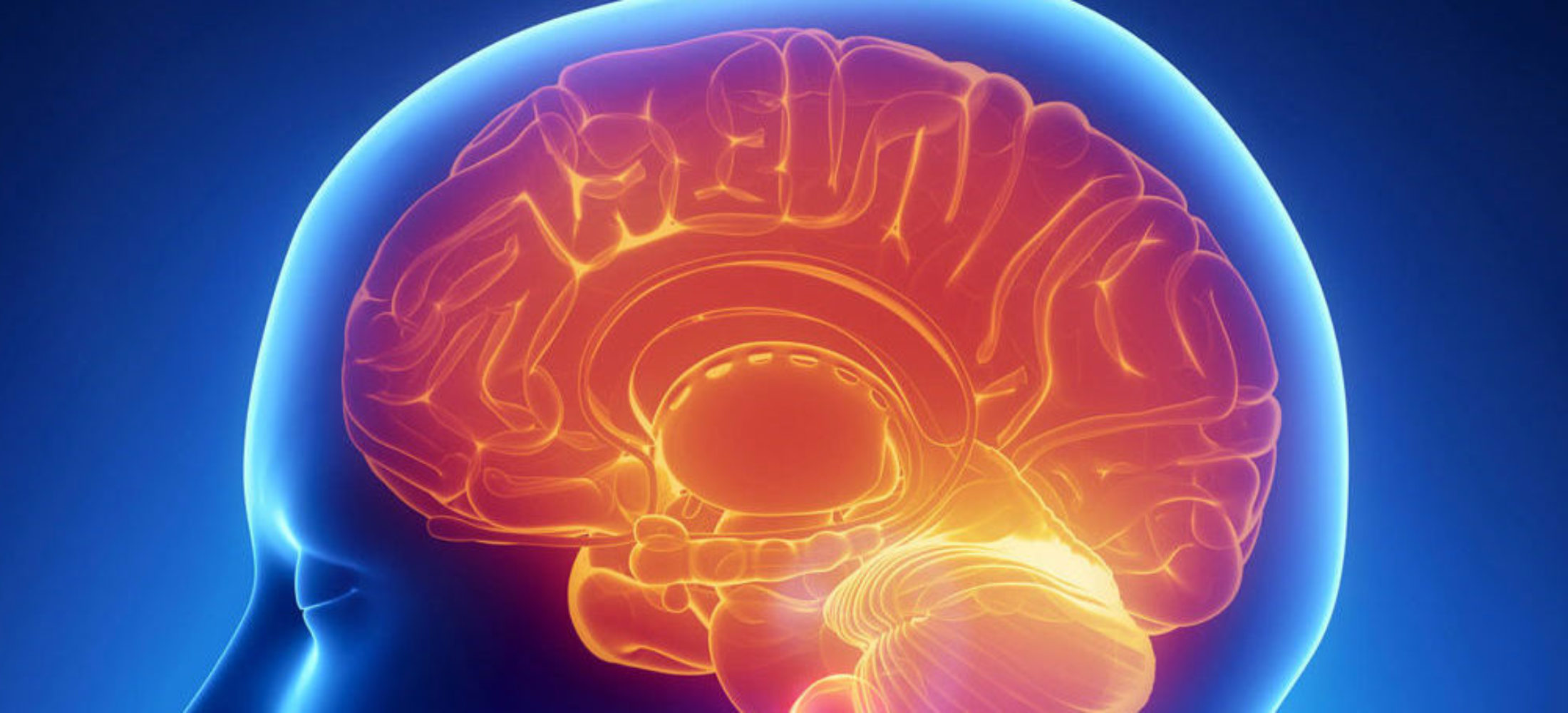
Many people think hypnosis lack scientific evidence. Some of them even perceive hypnotherapists as charlatans. But on the other hand, we also hear stories of dramatic success with hypnosis. So does hypnosis really work? Is there really something there that goes beyond the placebo effect?
Stanford’s Dr. David Spiegel is in the forefront of research into hypnosis. Dr. Spiegle is the Director of the Center on Stress and Health at Stanford University School of Medicine. He is a Professor of Psychiatry & Behavioral Sciences as well as the Medical Director of the Center for Integrative Medicine at Stanford.
Dr. Spiegle spoke on new research at the Integrative Medicine Research Lecture Series presented by the National Center for Complementary and Integrative Health (NCCIH). He said “Hypnosis can be an effective method for managing pain, and treating anxiety and stress-related disorders. Past studies have shown that people hypnotized before operative care have a shorter procedure time and a significant reduction in intraprocedural complications, such as hypoxemia and vomiting.” In the talk, he also gave examples of recent research that shows that hypnosis can relieve Parkinson’s tremors, help people quit smoking and help moderate gastric acid production.
Dr. Spiegel commented in this New York Times article “[hypnosis] is an effective and inexpensive way to manage medical care… People think hypnosis is about giving up control. But it’s actually giving control back to the patients.”
So yes, hypnosis really works. Here are more hypnosis related articles on Stanford University School of Medicine’s blog.